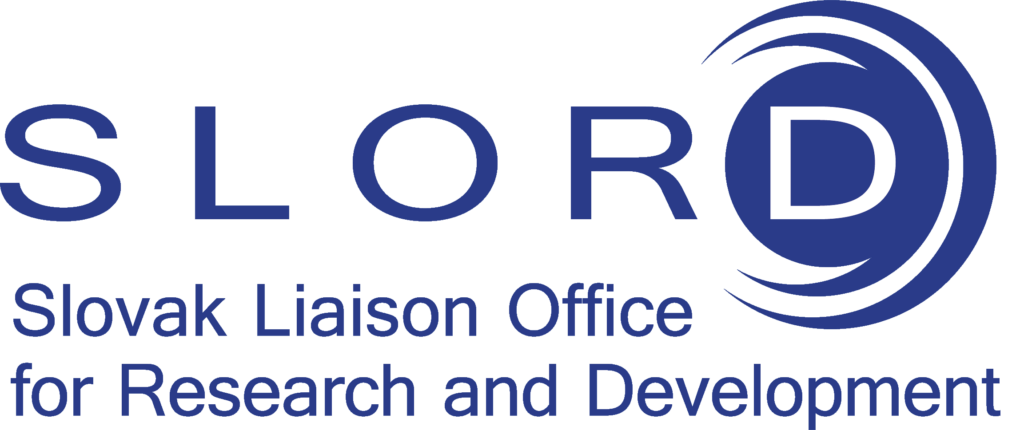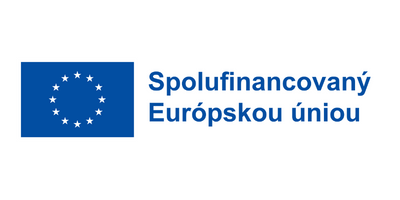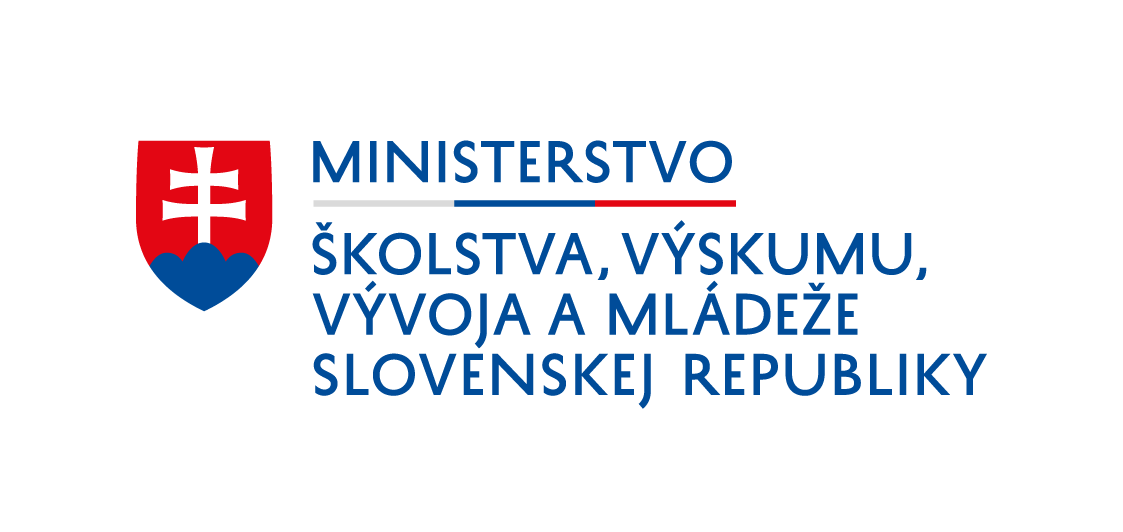
On 1st July 2022, Slovakia assumed its sixth presidency of the Visegrad Group. The country will hold the presidency until June 2023, focusing on four thematic areas – connectivity, economy, sustainability and people – as its priorities.
In view of the ongoing war in Ukraine, the cooperation between the countries must be based more than ever on the principles of respect for human rights, freedom, democracy, the rule of law, good neighbourly relations and commitment to European integration and transatlantic cooperation.
Following the European Council’s decision to grant candidate status to Ukraine and the Republic of Moldova, the V4 countries will continue to support them on their path to the EU while at the same time, assisting in fulfilling the priorities set to grant candidate status to Georgia. Particular attention will be focused on mitigating the consequences of the ongoing humanitarian crisis arising in Ukraine.
Below you can find some of the highlights of Slovakia´s priorities regarding research and innovation:
- Energy: Look for opportunities to develop regional energy infrastructures including projects of common EU interest and the efficient deployment of clean technologies, including hydrogen, nuclear and renewable energy sources;
- Exchanges of experience in research and development of new low-carbon energy sources and alternative fuels, including the use of hydrogen throughout its production and consumption cycle and exploring the role of nuclear energy as a clean source of affordable energy for the EU and its citizens;
- Defence: Explore possibilites for common approach to developping capabilities and finding constructive solutions in the field of joint research, the development and procurement of military-technical capabilities, strengthening cooperation between V4 defence industry enterprises, including by seeking opportunities to use EU initiatives and NATO, which support research, development and joint procurement of measures proposed by European Commission to address defence investment gaps;
- SMEs and Innovation: Exchange experience in the field of innovation, implementing relevant parts of the Recovery and Resilience Plans in the V4 countries and promoting innovation in the context of the COVID-19 pandemic with a strong focus on green innovation and intelligent cities and regions;
- Third countries cooperation: Continue cooperation with foreign partners, such as Japan, South Korea and Israel, and will look for opportunities to establish parallel cooperation with other interested countries (e.g. Singapore, India). The main focus will be on ongoing joint initiatives in the field of research, development and innovation and mutual exchange of information to strengthen industry, research and innovation in order to best exploit the potential of the V4 region;
- Circularity: Exchange of experience in the field of research activities, in finding and supporting innovative solutions and technological development in the industrial manufacturing and in the field of recycling and waste management. Attention will also be paid to separate collection, biodegradable waste management, the system of operation of biogas and composting plants, the deposit system and the management of construction waste;
- Health: Focus on the exchange of mutually transferable lessons learned from pandemic management at the local level, as well as applying innovative approaches in prevention, early diagnosis, therapy as well as biomedical and clinical research in relation to non-communicable diseases;
- Space: Seek to step up cooperation in this area establishing partnerships for institutions and companies within the V4 region, based on V4 Prime Ministers‘ Memorandum of Understanding and Strengthening of Cooperation in the Field of Space research and peaceful uses of outer space;
- Education: Sharing good practice and finding solutions to issues of recognition of non-formal learning, the introduction of new models of learning within higher education institutions and linking lifelong and higher education. One of the key themes will be the introduction of micro-certificates and the recognition of the results of these training programmes in practice and for the purpose of continuing studies;
- Cooperation will continue in the area of automatic recognition of qualifications enabling access to higher education and higher education qualifications obtained in the V4 countries;
Published 4.7.2022, slord



